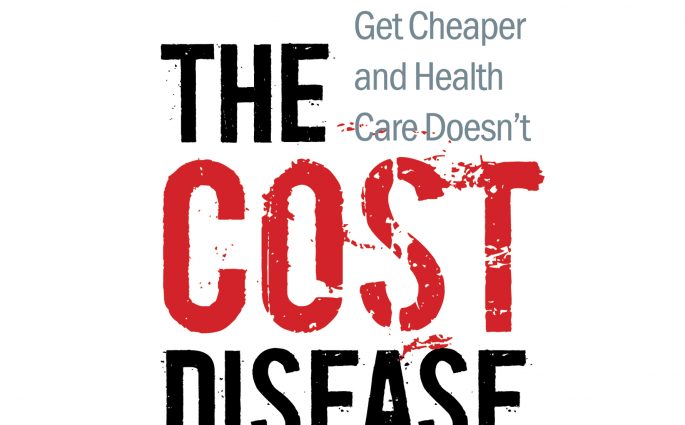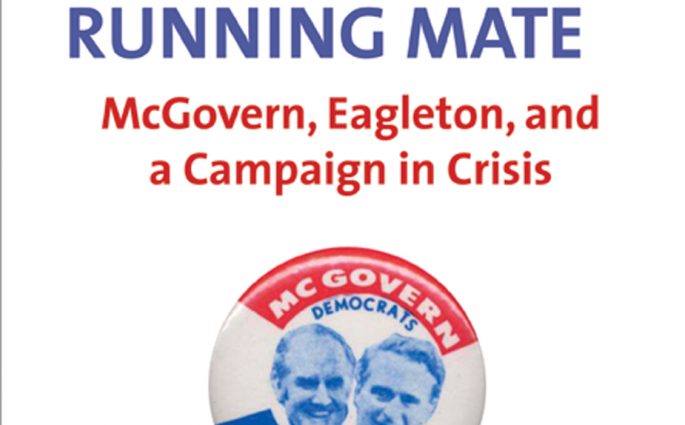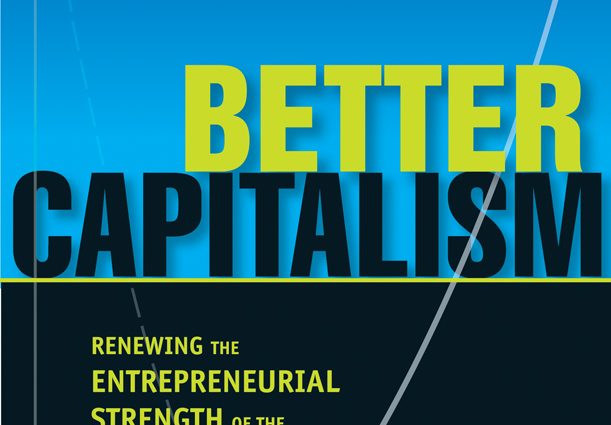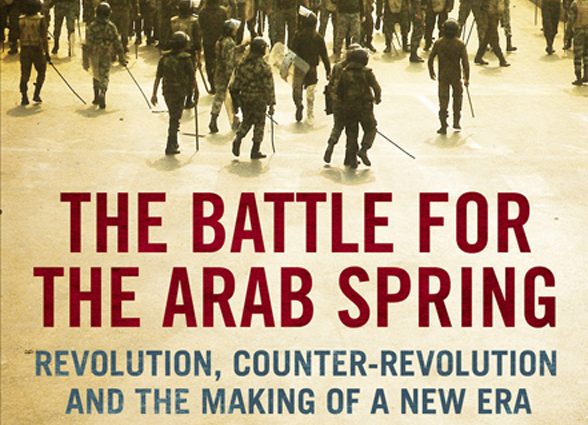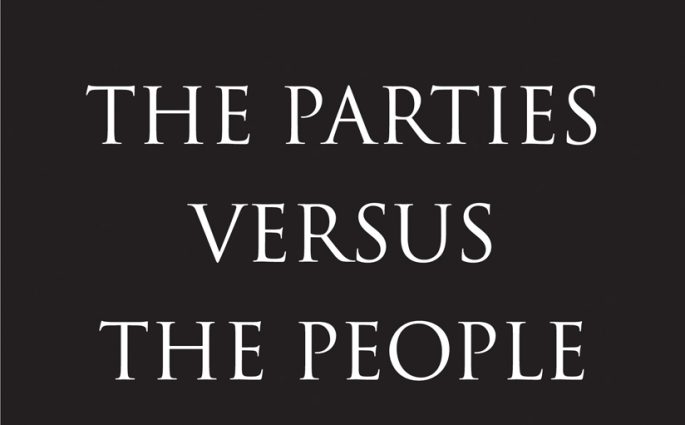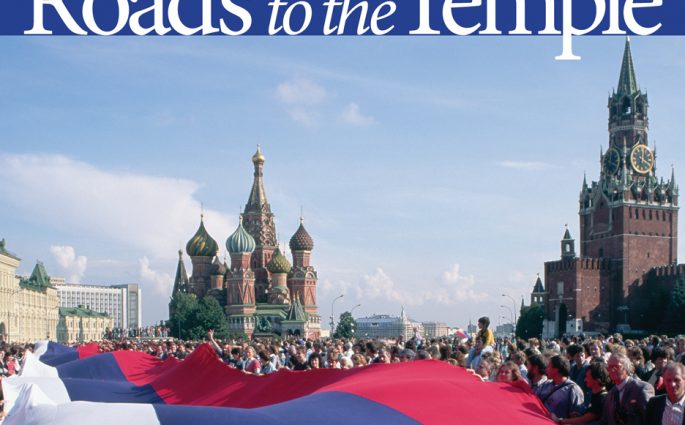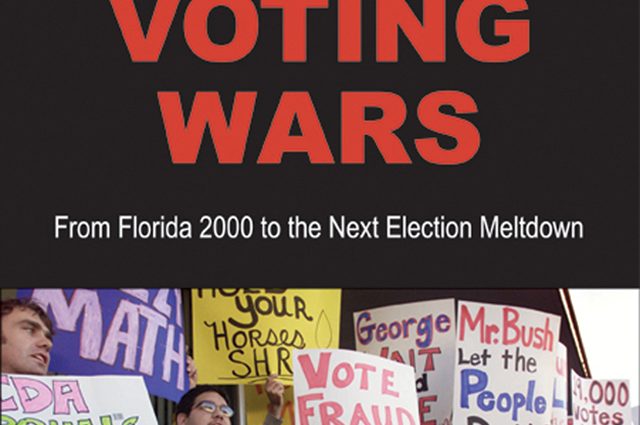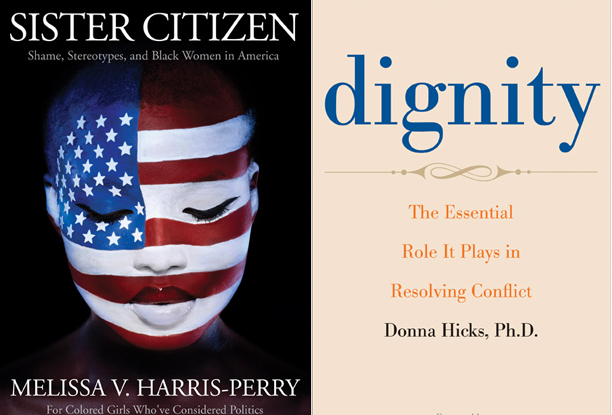Editor Phoebe Clapham on Political Economy Books
Phoebe Clapham— As I discovered on becoming the politics and economics editor at Yale University Press’s London office, ‘political economy’ is a phrase that means very different things to different people. Before the twentieth century it was generally used where now we say ‘economic policy’, to describe how a state


